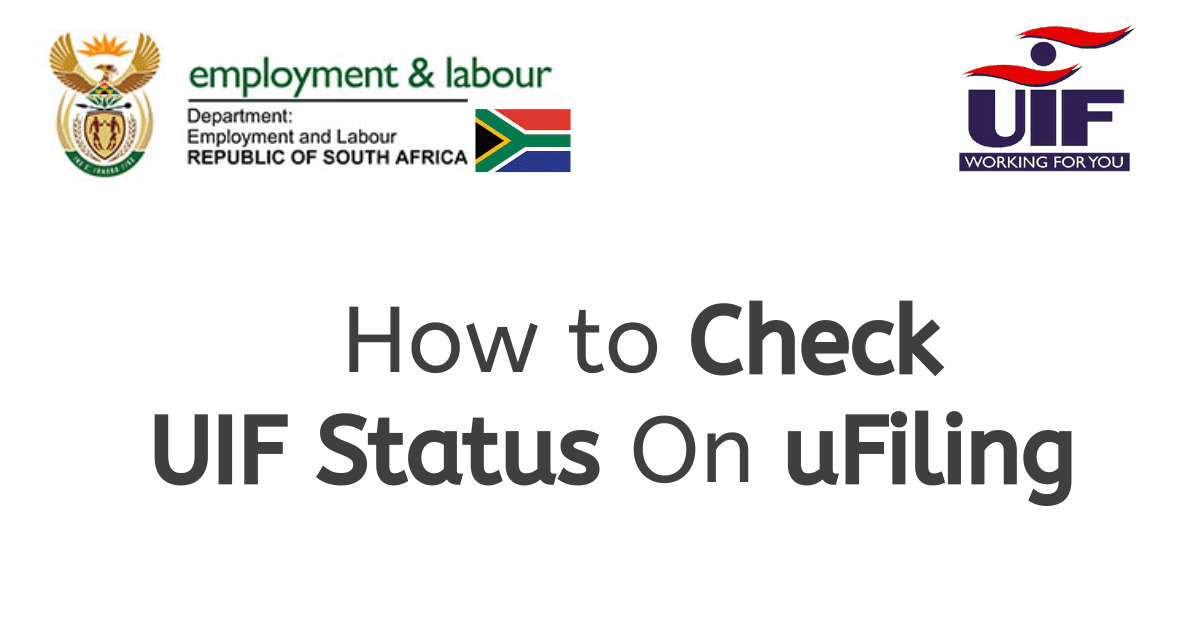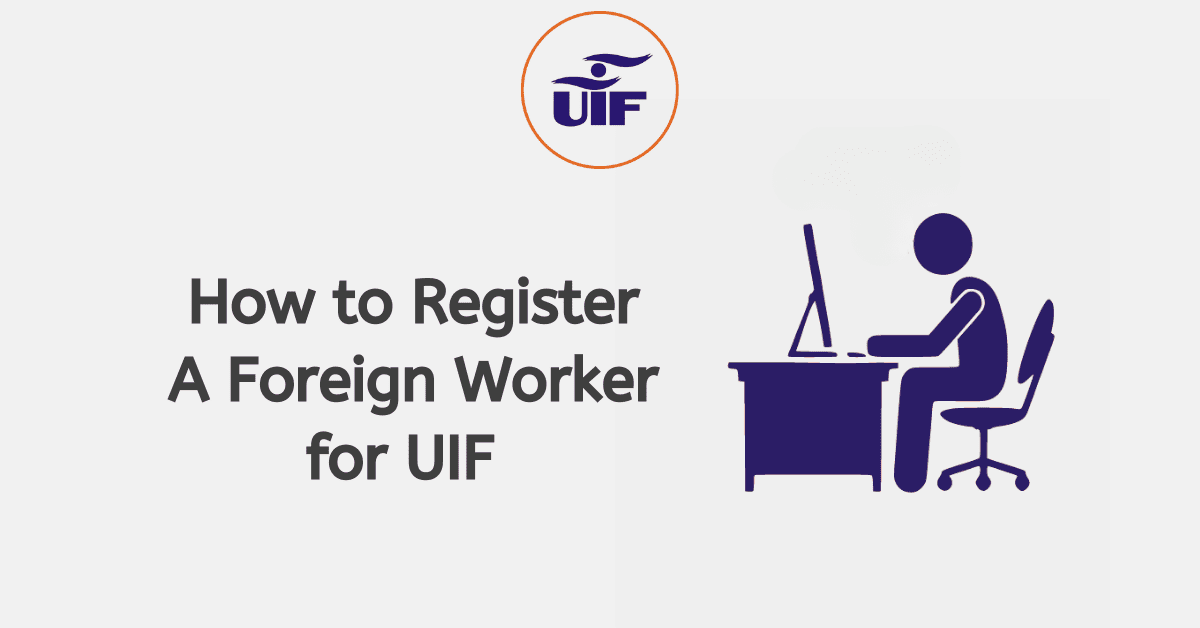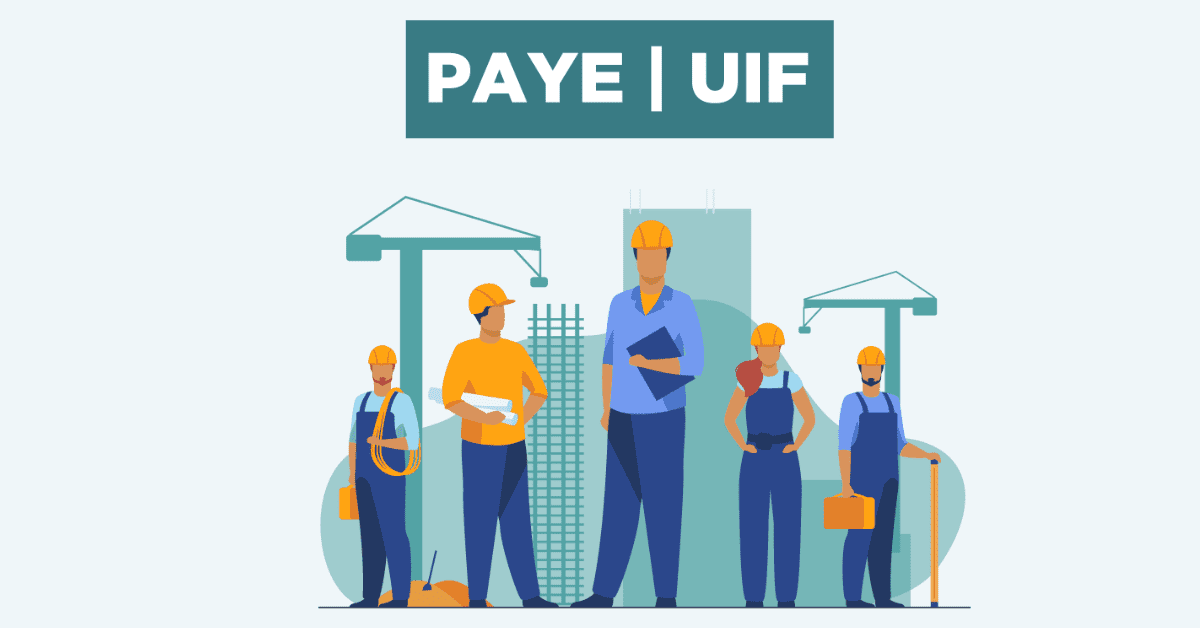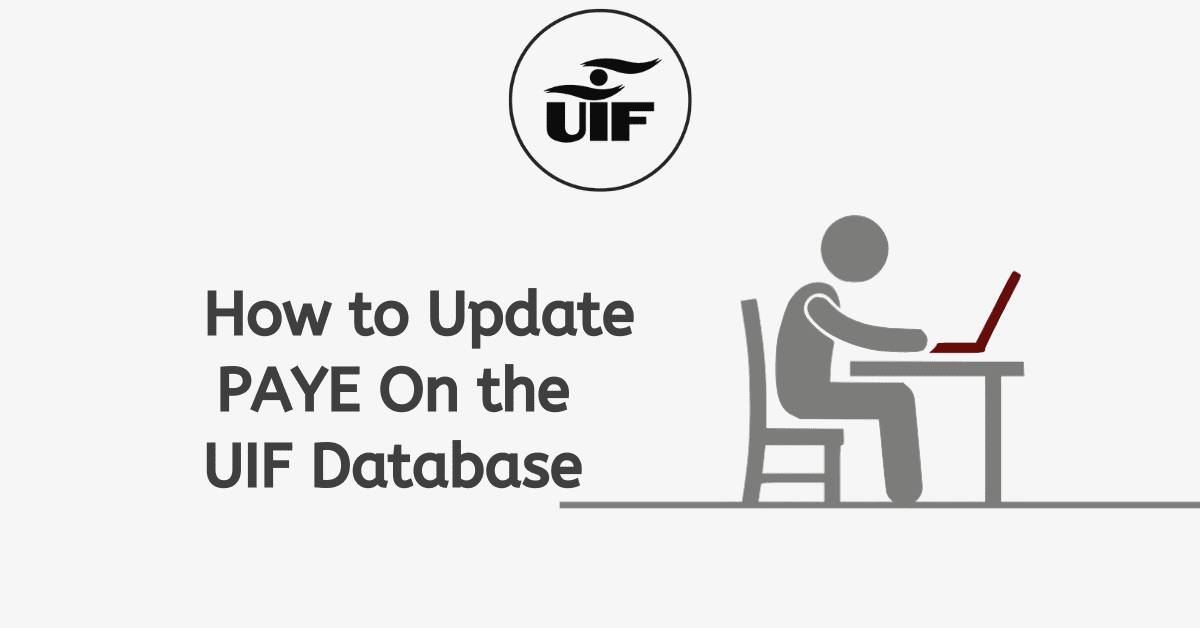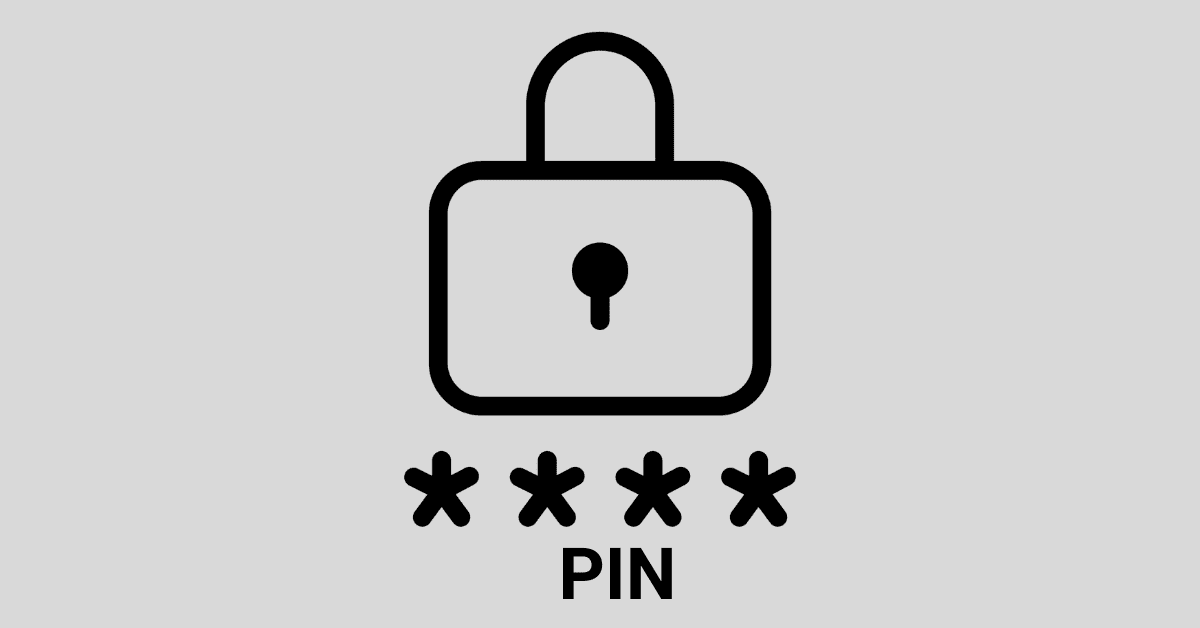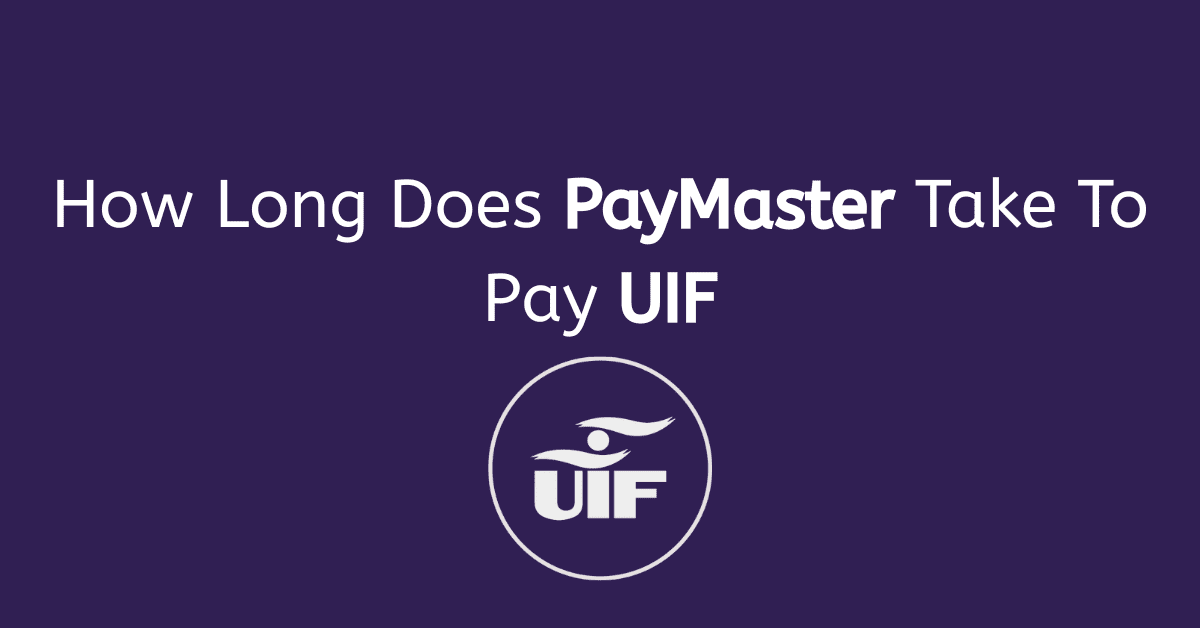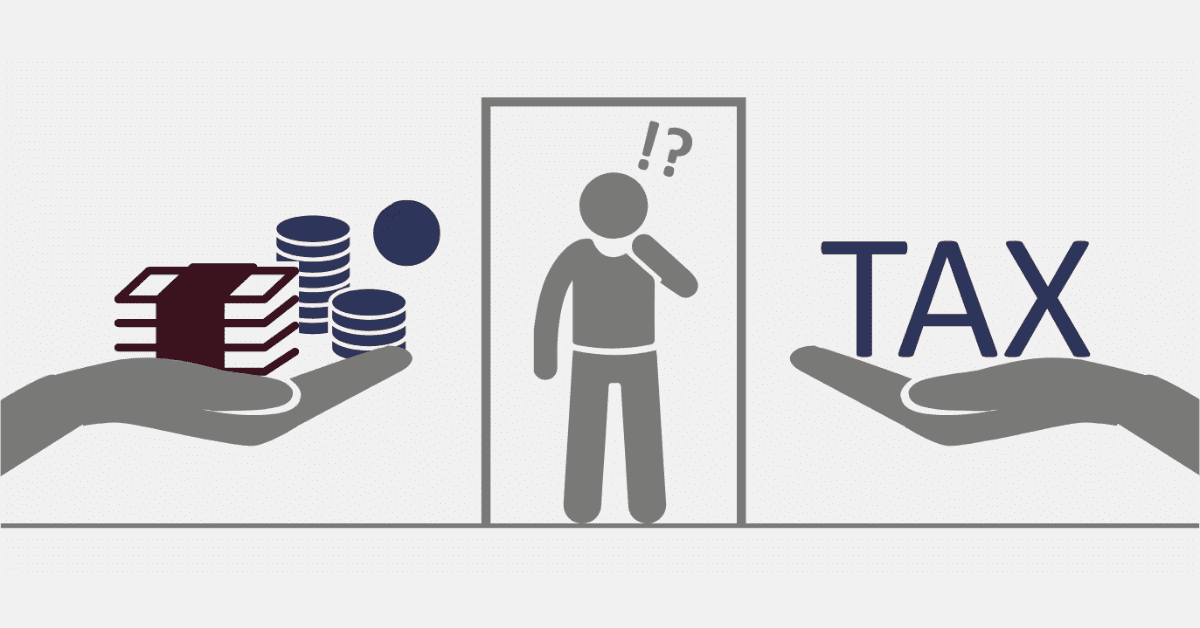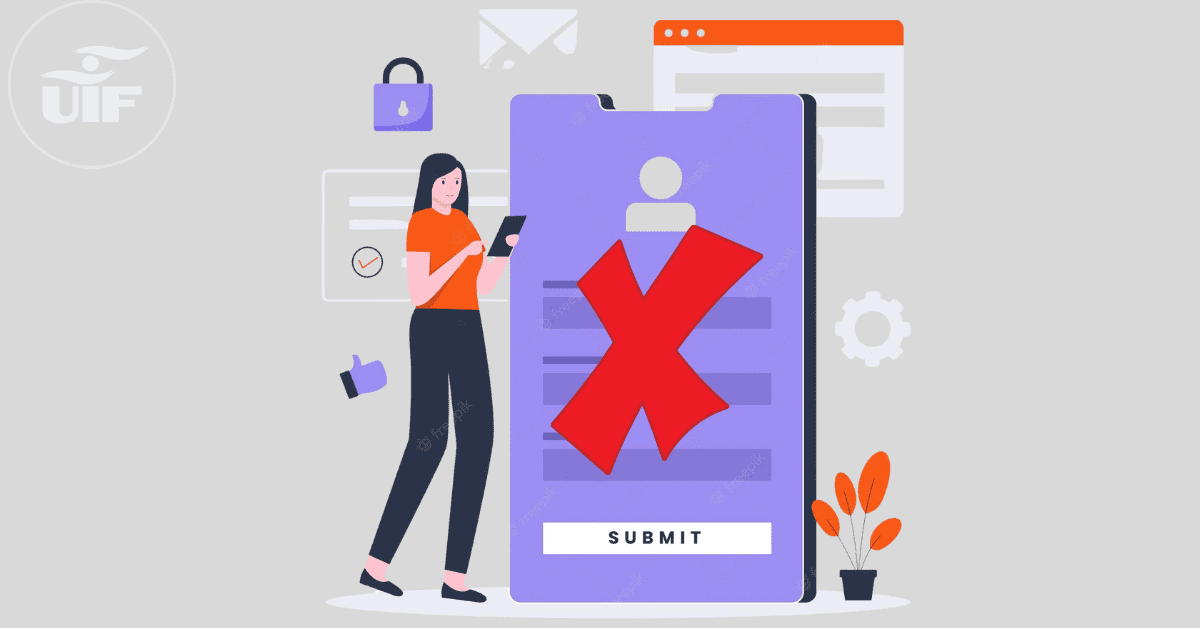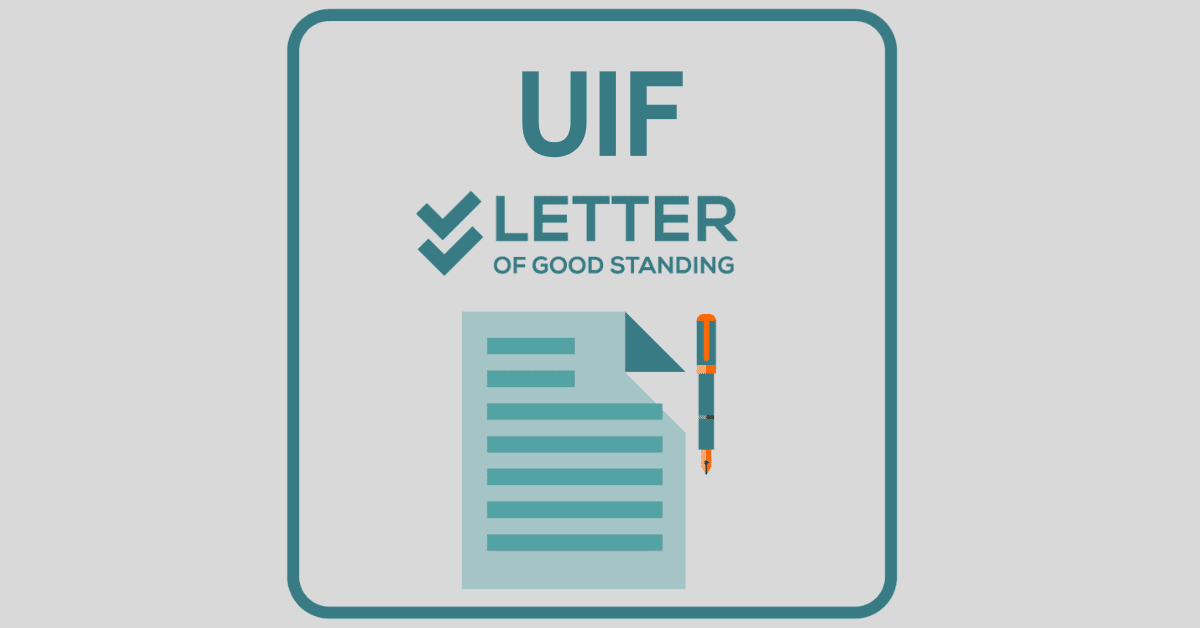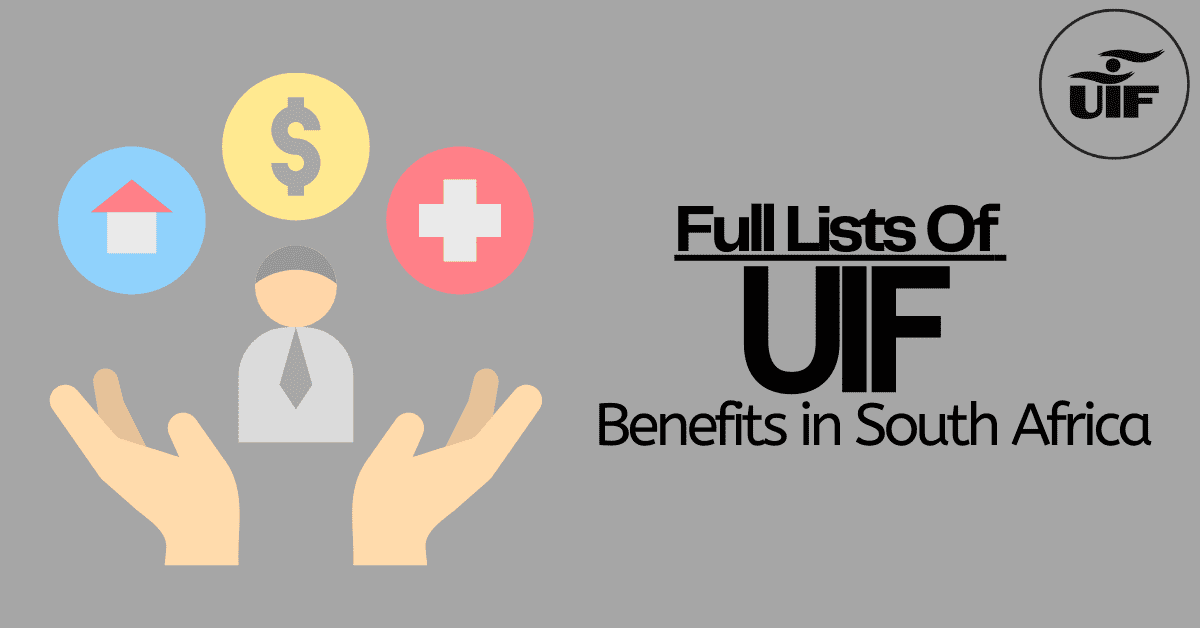UIF, which is known as the unemployment insurance fund, is a social security measure that was implemented to support the working population.
UIF looks into how it will create some sort of support for the working population if they go off work, whether permanent or temporary. However, the policies of UIF include providing financial assistance to the unemployed for a period of time.
Although there are payments for UIF, it also looks at training programs for these unemployed people. Aside from that, it looks at how to create an enabling environment for the unemployed to get back on their feet through job training and interviews.
But to enjoy all these benefits, you must be registered and ensure your monthly contribution is paid to UIF. These regulators are backed by law in the South African Act.
So what happens if I refuse to register? What are some of the consequences I can face if I do not contribute to UIF?
In general, we will look at the outcome of not being part of the UIF scheme, the punishment, and the consequences one can go through as well.
Can you refuse to pay UIF?
This can be a tempting question for many who may not have heard or heard little about the UIF program in South Africa.
So can I refuse to pay UIF in South Africa? Taking it on a lighter note, you can refuse to pay UIF if you are not working. But the term is not considered as refusal but not obligated.
Refusing an act means deliberately ignoring it and picking it from the context of “Can you refuse to pay UIF” It means you are obligated to pay, but for your own reasons, you wish to ignore and not pay.
The law governing the UIF payment does not allow you to refuse to pay UIF. Therefore any individual who wishes to refuse to pay UIF will bear the future consequences.
These Are The Consequences Of Not Paying UIF Contributions
So before we look at the consequence of not paying UIF contributions, let us look at who is responsible for this UIF contribution payment.
To be assertive, both the employer and employee have a major role to play in this UIF contribution. However, the sole responsibility of paying UIF contributions lies on the employer.
Also, self-employed individuals can ensure to register and pay their own UIF contributions.
But to understand, the UIF looks at the higher risk in the employment sector and therefore considers employees to be at the major risk.
There are serious consequences an employer or individuals can face for not paying UIF contributions. Because UIF is backed by law and order, the consequences for not paying UIF contributions can be severe.
These include the following:
- Loss of UIF future claims
- Jail term or community work
- Lega Fines or penalties
- Reputational damage
- Loss of certifications
Does everyone have to pay UIF?
As part of the UIF regulations, not everyone is required to contribute to UIF. You must be employed for more than 24 hours in a month and registered with UIF by your employer.
Once you fall into this category, you are required to pay UIF.
Irrespective of your role, position, and salary, UIF payment is a must for all working people who have been employed for more than 24 hours in a month.
This money deducted in the long run will be used to support you in hard times or when you are unemployed.
As an employer, you are required to register your employee and pay UIF for them every month. If you earn weekly or bi-weekly within a firm, you must ensure your UIF contribution is paid on your behalf.
Where do I report a company not paying me?
Have you not been paid by your employer? Are you considering reporting it to the right authorities? Learn more about where and how to report a company not paying your wages or salaries.
The Department of Employment and Labour has recently launched a new initiative to safeguard vulnerable workers from exploitation and provide them with an accessible channel to report cases of non-compliance with the national minimum wage (NMW). This initiative is a free-cost complaint mechanism for workers not receiving the required wages or salaries.
You can report a company for not paying you at the department of labour within the nearest community you find yourself.
Individuals can send an email or call the Department of Labour to submit a complaint.
Before you make any complaint ensure you understand the employment terms with your employer, as this will help you answer questions from the Department of Labour.
You can use this link to view all the provincial labour offices in South Africa and lodge your complaint.
https://www.labour.gov.za/Contacts/Provincial-offices/Pages/default.aspx

